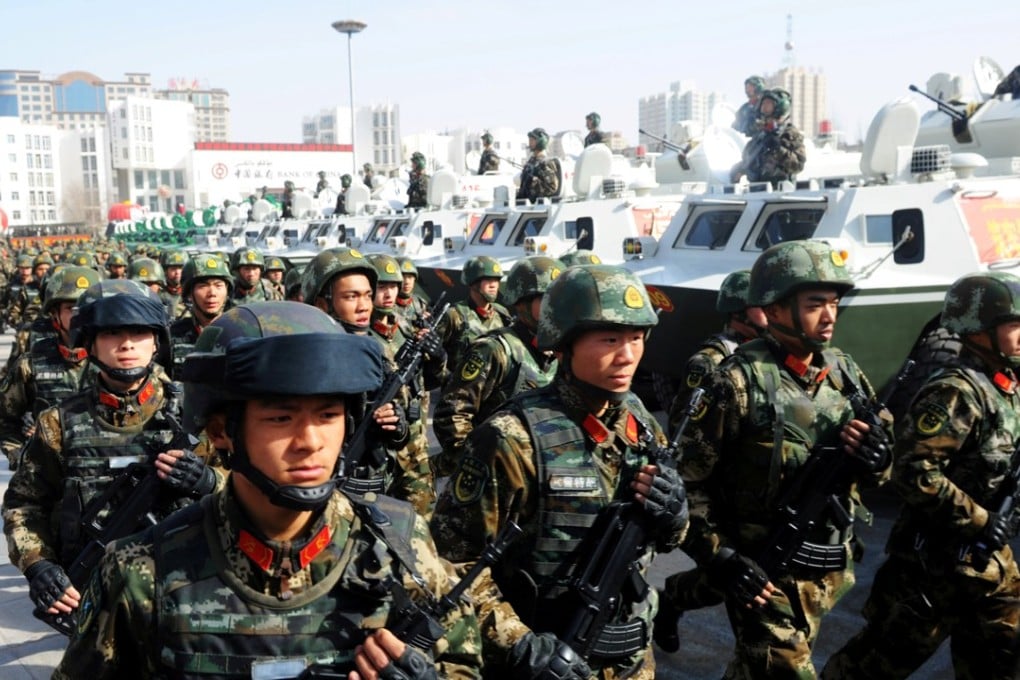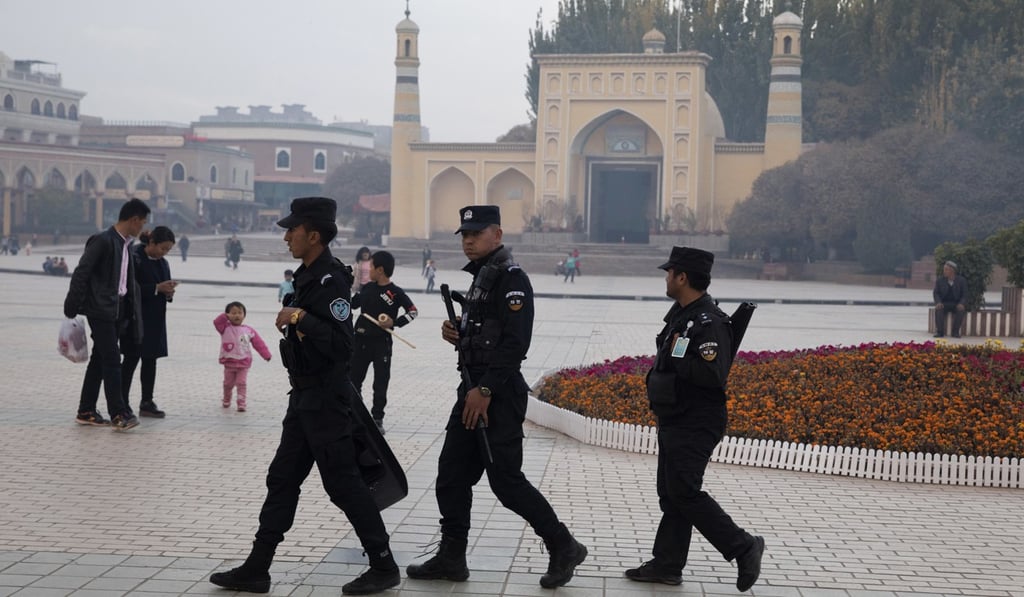Xinjiang ‘separatists’ and Tibet’s ‘Dalai cliques’ – targets in China’s latest organised crime crackdown
Some provincial and municipal authorities include normally ‘non-triad’ offences in their plans to roll out the campaign

“Dalai surrogates” in Tibet and Xinjiang “separatists” are among the groups of people targeted by regional governments in China’s latest national crackdown on “organised crime”.
The authorities in the autonomous regions issued notices identifying the targets after a closed-door meeting of the Communist Party’s anti-graft watchdog in Beijing last month.
The meeting marked the start of the national campaign and featured a warning from President Xi Jinping about collusion between triads and officials, especially the protectors of “mafia-style organisations”, which he said had threatened the party’s rule.

Provincial and regional governments followed up the meeting with sessions of their own to determine how they would carry out the campaign.
In a televised meeting on January 29, Xinjiang authorities said “separatist” forces would be one of the main targets in its “zero-tolerance” crackdown on organised crime.